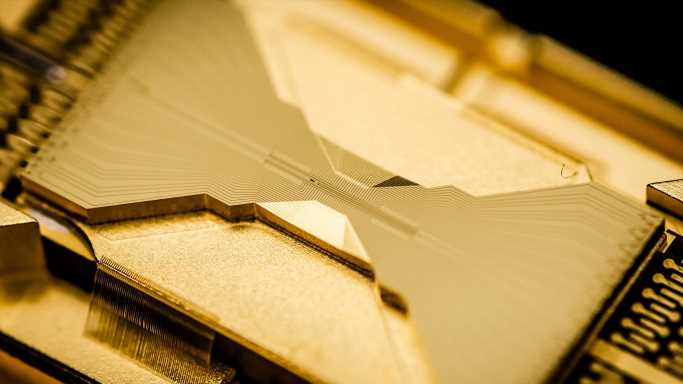While not exactly new, quantum computing companies are new enough to be both mysterious and exciting to an average investor. Mysterious because most of us will never understand exactly how they work, and exciting because they promise to become a massive market over the next decade or two or three. Boston Consulting Group, for example, has noted that the market for quantum computing could be as much worth as $5 billion in the near term and $450 billion to $850 billion by 2040.
The potential size of the market has attracted some big players. Alphabet, Amazon, IBM, Microsoft, Honeywell and Nvidia all have market caps of more than $100 billion and a relatively long history of R&D in quantum computing. Applications of the technology include compute-intensive areas like new drug discovery, material science, finance and climatology.
The competitive landscape is also populated by five publicly traded companies. The newest is D-Wave Quantum Inc. (NYSE: QBTS), which completed a SPAC merger Monday between blank check company DPCM Capital and quantum computing firm D-Wave Systems. The first pure-play quantum computing firm to come public was IonQ Inc. (NYSE: IONQ), which also came public in a SPAC merger in October of last year.
Since then, there are Arquit Quantum Inc. (NASDAQ: ARQQ), Quantum Computing Inc. (NASDAQ: QUBT) and Rigetti Computing Inc. (NYSE: RGTI). There is even a quantum-themed ETF, Defiance Quantum ETF (NYSEAMERICAN: QTUM). Honeywell spun off its quantum solutions division, which then merged with Cambridge Quantum to form Quantinuum in late November last year. Honeywell retains a majority stake in Quantinuum.
Here is a look at each of the five pure-play quantum computing companies. Keep in mind that these are highly speculative investments that may take years to prove profitable. Also remember that they are taking on some very deep-pocketed rivals.
D-Wave raised $340 million at a market value of around $1.6 billion when it closed its merger with DPCM and began trading on Monday. The stock closed at $10.00 after the first day of trading, up about 11.4%. The stock traded down 6.2% shortly before noon on Tuesday.
The company’s quantum annealing processors rely on a fundamental rule of physics that everything tends to seek a minimum energy state. D-Wave’s qubit processing unit uses that rule to optimize finding the low-energy states of a problem and to sample the low-energy states to solve machine learning problems.
IonQ raised $636 million at a market value of about $2 billion at its October public launch. The company’s current market cap is around $1.1 billion. Since the SPAC merger that brought the company public, the stock is down about 38%. The stock traded down about 7.8% on Tuesday at $5.66, in a 52-week range of $4.16 to $35.90.
Sponsored: Find a Qualified Financial Advisor
Finding a qualified financial advisor doesn’t have to be hard. SmartAsset’s free tool matches you with up to 3 fiduciary financial advisors in your area in 5 minutes. Each advisor has been vetted by SmartAsset and is held to a fiduciary standard to act in your best interests. If you’re ready to be matched with local advisors that can help you achieve your financial goals, get started now.
Source: Read Full Article
